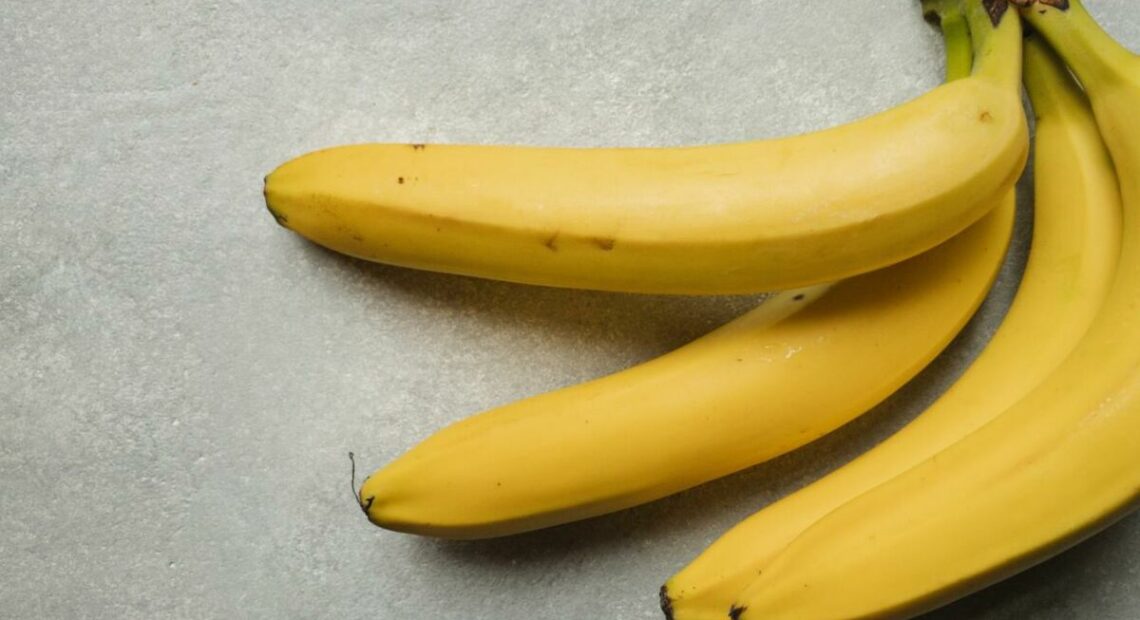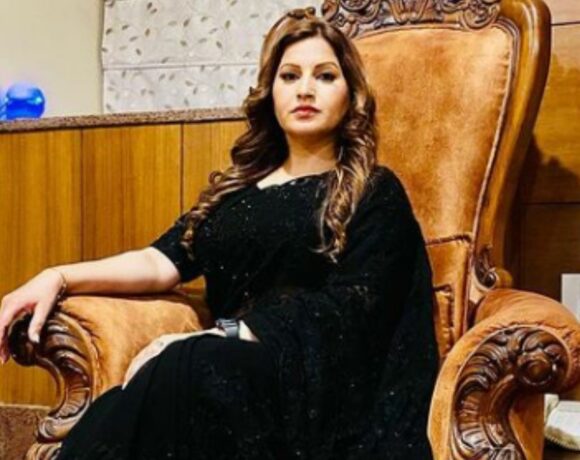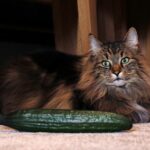The Fascinating Truth About Banana Seeds: Debunking the Myth

Bananas are one of the most popular fruits in the world. Their sweet taste, convenient packaging, and numerous health benefits make them a favorite snack for people of all ages. However, there is a long-standing debate surrounding the presence of seeds in bananas. In this blog post, we will explore the truth about banana seeds and debunk the common myth associated with them.
- The Myth of Banana Seeds: Many people believe that bananas contain seeds. This misconception stems from the fact that most fruits have seeds, but the reality is quite different for bananas. Unlike apples, oranges, or watermelons, bananas are classified as parthenocarpic fruits, which means they do not develop seeds through pollination and fertilization.
- The Anatomy of a Banana: To understand why bananas do not have seeds, let’s take a closer look at their anatomy. A banana is a fleshy fruit that develops from the ovaries of a banana flower. Inside the banana, you will find three distinct parts: the outer peel, the middle flesh, and the central core, also known as the phloem bundles.
- Tiny Vestigial Seeds: Although bananas are generally seedless, they do possess tiny, vestigial seeds that are usually non-viable and not fully developed. These seed remnants can be seen as small black dots or specks in the flesh of the banana. They are essentially the remnants of reduced or non-functional seeds that would have developed if the fruit had been fertilized.
- The Role of Parthenocarpy: Parthenocarpy is the natural process by which fruits develop without fertilization. In the case of bananas, parthenocarpy allows the fruit to grow and mature without pollination, resulting in a seedless fruit. This trait is advantageous for commercial banana cultivation, as it ensures consistent fruit quality and prevents the formation of hard, inedible seeds.
- Banana Reproduction: Although bananas do not produce viable seeds, they reproduce asexually through a process called vegetative propagation. This involves planting offshoots, or “suckers,” which are genetically identical clones of the parent plant. This method of reproduction is more efficient for commercial cultivation and ensures that the desirable traits of a specific banana variety are preserved.
The myth of bananas containing seeds has been debunked. While bananas may have tiny vestigial seeds, they are generally considered seedless fruits due to their parthenocarpic nature. The absence of seeds is a unique feature that distinguishes bananas from many other fruits. So the next time you enjoy a delicious banana, rest assured that you’re savoring a seedless delight!
Picture Courtesy: Google/images are subject to copyright








